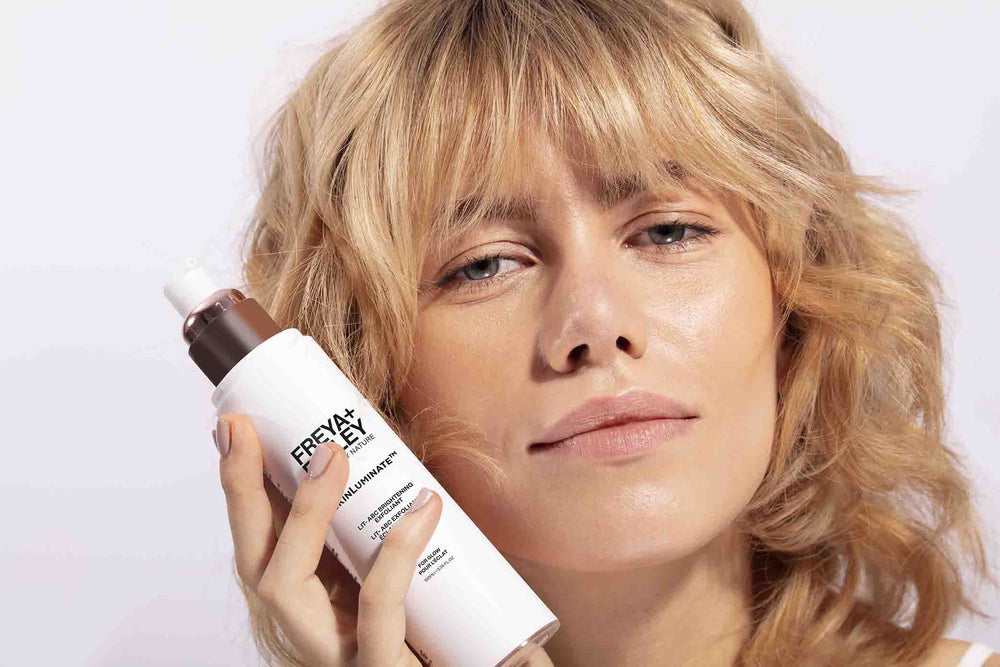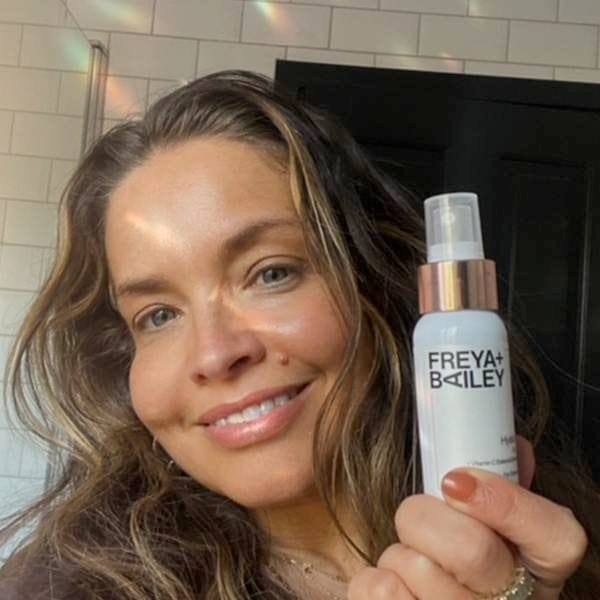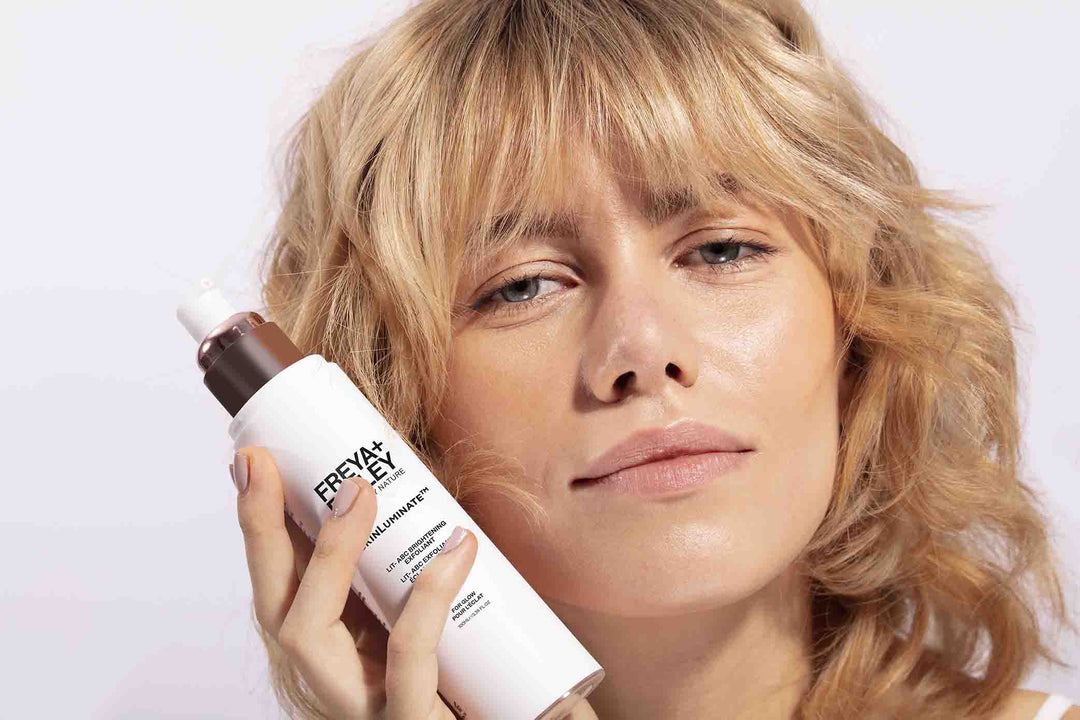SLEEP DEPRIVATION- TIPS FOR RESTFUL SLUMBER
Dave Gibson, Sleep Expert and Coach shares his tips for ultimate relaxation, wind down and shuteye.
With our 24/7 lifestyle and the added stress of Covid some are getting a worse nights’ sleep than ever before. In the short term, sleep deprivation effects our mood, cognitive functions and even our immune system. Chronic sleep deprivation is associated with serious long-term health issues such as diabetes, obesity, increased blood pressure, stroke, heart attack, Alzheimer’s and dementia. Sleep deprivation even affects your skin leading to those well-known dark circles under your eyes, premature ageing and wrinkles.
The key to getting a good nights’ sleep is to plan your day effectively. What time are you stopping work? Are you taking enough breaks in the day, including a proper lunch hour? When does your time for family and friends fit in? Have you planned some ‘for me time’ ? Are you getting some fresh air, some sunshine which strengthens your body clock and exercise too?
A good nights’ sleep doesn’t just happen, you need to plan for it.Part of this plan is to have a regular wind down routine which sets you up to get to gently nod off to sleep at your chosen bedtime. Relaxing activities such as yoga, meditation, reading a book before bed are favourites for many and especially having a warm bath. After your bath a great way of relaxing your muscles is to massage a balm into your skin, especially one which can help you sleep too such as the new SNOOZE! THERAPY BALM. The key is to be consistent and create a regular ritual which your brain then associates with sleep. This literally tells your brain that sleep is coming.

1. STEP AWAY FROM THE MAC!
Start your routine by switching off all tech an hour before bedtime. Use of technology especially in bed is associated with decreased sleep. This is partly to do with the ‘blue light’ they emit, which stops our production of Melatonin, our sleep hormone, but also to the way tech can adrenalizes and over-stimulate us. Always put your devices into night-time mode or on blue light blocking filters in the evening.
2. LISTEN TO YOUR BODY
Keep as regular bed and wake up time as you can and factor in your ‘sleep time preference’ or chronotype too. Are you a night-owl who prefers to go to bed later or a morning lark who goes to bed and wakes earlier? Sleeping in line with your natural sleep tendency is proven to get you a better nights’ sleep.

3.HOLD OFF ON THAT LAST CAFFEINE SHOT
If you struggle to get to sleep, other changes to consider include stopping all caffeine at lunchtime and to avoid alcohol three hours before bed (which sedates us but then disrupts sleep later). Cardio exercise is great for increasing sleep quality as is looking after your gut biome. Eating a healthy Mediterranean diet will provide all the essential nutrients for sleep, but make sure you have your last meal at least three hours before bed.
4. CREATE A PEACEFUL SANCTUARY
Create a bedroom like a comfy cave; cool, dark and quiet. The ideal temperature for sleep is quite cool at around 65F or 18C. Black out blinds are essential if light keeps you awake at night or wakes you early in the morning. The absence of light is the single biggest environmental cue for sleep. Make sure your bedroom is free from clutter as this helps you sleep. Using aromatherapy is another great way to create a relaxing environment for sleep. Lavender and Rose are proven to help us sleep, Chamomile too, which is why I love the new pillow mist from Freya and Bailey which has all three.

5.DON'T FORGET BEDDING
For you bed itself a comfy pillow is as important as a supportive mattress. For your linen, light, crisp cotton sheets are always a winner as they are super breathable.
6. TRICK YOUR BRAIN
Finally, if you find yourself lying in bed for longer than twenty minutes waiting to fall asleep, get out of bed and start again. Have a warm drink or read a book in a dim light and then come back to bed when you are feeling tired. This means your brain will associate your bed with getting to sleep, rather than lying awake.
www.thesleepsite.co.uk





